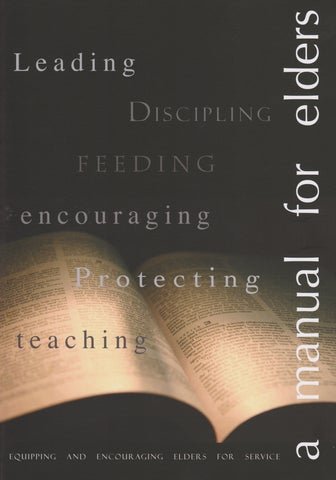I’ve just discovered the BBC Radio 2 feature ‘What makes us human?’, hosted by Jeremy Vine on his lunchtime show. Each month a different guest is asked the title question. In the nearly decade-long run of the feature, guests have included Stephen Fry, Richard Dawkins, Judy Murray, David Attenburgh, Val McDermid, the Chief Rabbi and the Archbishop of Canterbury. Last year, a collection of guests’ answers were published with the subtitle ‘130 answers to the big question’.
As Vine points out in his introduction to the book, ‘life is chock-full of mundane questions’. He himself has to confess ‘I have spent more of my spare time repairing a door handle than asking what my life is for’. Why, he asks, don’t we ever ask each other what we are all doing here?
The reason we don’t ask, he concludes, is because we’re scared to. He compares it to his experience as a participant on Strictly Come Dancing. None of the contestants ever considered that they were going to be the ones voted off. And as he puts it: ‘Strictly is like life. Here we are in this magical place – Planet Earth – and we seem to think the dancing will actually go on for ever. What we can never admit is how short time really is. People go missing around us, one by one, and still we dance. We are in denial’.
In fact, Vine concludes that one of the things that marks us as human beings is ‘our inability to stop the world and ask the biggest question of all, for fear that the result will be the end of our beautiful dance’.
Yet he didn’t struggle to get people willing to answer the question for his show. Those answers include the sharing of ideas, art, forgiveness, the ability to ask the big questions, and many more. In fact, every contributor to the book gives a different answer. That diversity perhaps flags up that human beings may not actually the best judges of what it is to be human. As Richard Madeley puts it in his answer, ‘all roads lead to the fundamental question of whether God exists or is simply a necessary fiction to get us through the night’.
If God does exist – and if he created us – then that changes everything. Because then all we would need to do would be to see what answer he gives to the question, rather than relying on stabs in the dark.
As Jonathan Sacks, the Chief Rabbi, puts it: ‘Even in the age of neuroscience, it’s hard to improve on the Bible’s answer. We are each, regardless of class, colour or culture, made in the image and likeness of God’.
This is very different from the answer of Richard Dawkins, who says that ‘Human beings are apes, specifically African apes’. As he says elsewhere it is a ‘speciesist double standard’ to assume that thousands of suffering children in Africa are more important than the gorillas on the same continent. To give him credit, at least Dawkins takes his beliefs to their logical conclusion. Remove Genesis chapter 1 and you remove what Sacks calls ‘the most important statement there is of the non-negotiable dignity of the human person’.
What does it mean to be made in the image of God? It can’t mean that we physically look like God since he doesn’t have a body. Rather it means that we were made for relationship with God and with other people – and that we were made to reflect what he is like.
Our problem is that we fall far short of that. But as a former Bishop of Liverpool argued in his answer, in Jesus Christ we see what it is to be truly human. And that is because, in the words of the Apostle Paul, he is ‘the image of the invisible God’.
We were placed on this earth as image bearers of the great King. We have each failed in our task. But Jesus came to earth to perfectly represent God. And then he died on the cross, so that we could be forgiven for all the times when we’ve failed as image bearers. Or when we’ve mistreated other people made in his image.
As Vine acknowledges, human beings ‘are responsible for great failings, and, of course, for evil almost beyond imagination’. The Bible’s answer to his question helps us be realistic about those failings – but also tells us how that shattered image can be restored.
Published in the Stranraer & Wigtownshire Free Press, 24 February 2022






